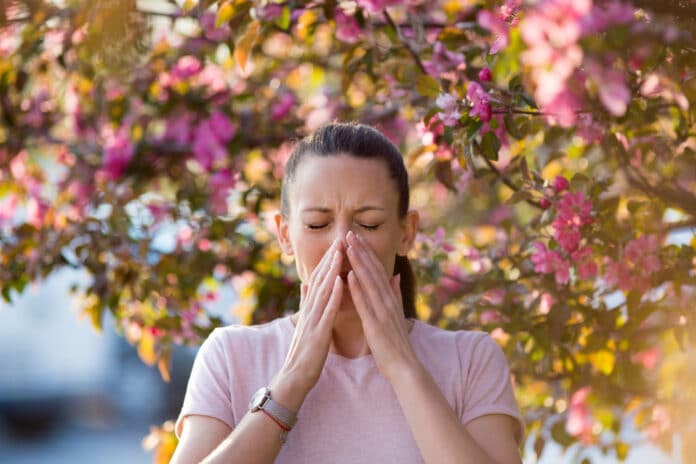
Pollen is a powdery substance that some plants and trees create during reproduction. The increased pollen in the air can trigger your allergies and lead to hay fever. This article teaches you how to stay safe and healthy during this pollen season.
Tips for Pollen Season
Here are seven ways to help you cope in this period:
● Avoid going out when it is windy. The pollen count is usually higher when the weather is windy or warm.
● More pollen is in the air during the morning and at night. It is best to go outside when the pollen count is lower.
● Always shower before bed. Pollen can stick to your clothes, hair, and skin. Before going to bed each night, take a shower to wash off the pollen. This stops it from getting on your bed. Additionally, remove and wash all clothes that may have pollen on them.
● Take allergy medicine before going outside. This allows the medication to enter your system before any allergy symptoms begin.
● Keep your house clean, as dust can contain pollen and irritants. You should also avoid cigarette and fireplace smoke, which can worsen your allergy symptoms.
● Keep your door, and windows closed. This will reduce the amount of pollen in your home. You can also use a HEPA filter, vacuum cleaner, and air purifier.
● Instead of hanging your clothes outside, use a clothes dryer. This prevents them from being exposed to cotton.
What is Pollen Count?
Three major types of pollen are counted during the pollen count:
Ragweed pollen
This type of pollen comes from weeds and rag weeds such as:
● Pigweed
● Sagebrush
● Sheep sorrel
Ragweed pollen season starts in August and runs through November. Generally, pollen levels peak in mid-September.
Tree pollen
If you have tree pollen allergies, you need to avoid the following:
● Elm
● Walnut
● Catalpa
● Pecan
● Oak
● Sycamore
Tree pollen can travel long distances. This means you can still get allergies while being far from certain trees. In the Southern U.S., trees release pollen as early as January. In the northern parts, tree pollen season starts in May or June.
Grass pollen
Only a few species of grass cause seasonal allergies. This includes:
● Johnson grass
● Bermuda grass
● Timothy grass
● Kentucky grass
● Orchard grass
Grass pollen is regional and seasonal. The best way to avoid it is by wearing a mask when mowing. You can also grow grass ground cover like Irish moss or dichondra.
Conclusion
Pollen season is here, but you can still successfully stay healthy. With the tips we’ve covered, you can tame your allergies and limit how badly you get affected.


















